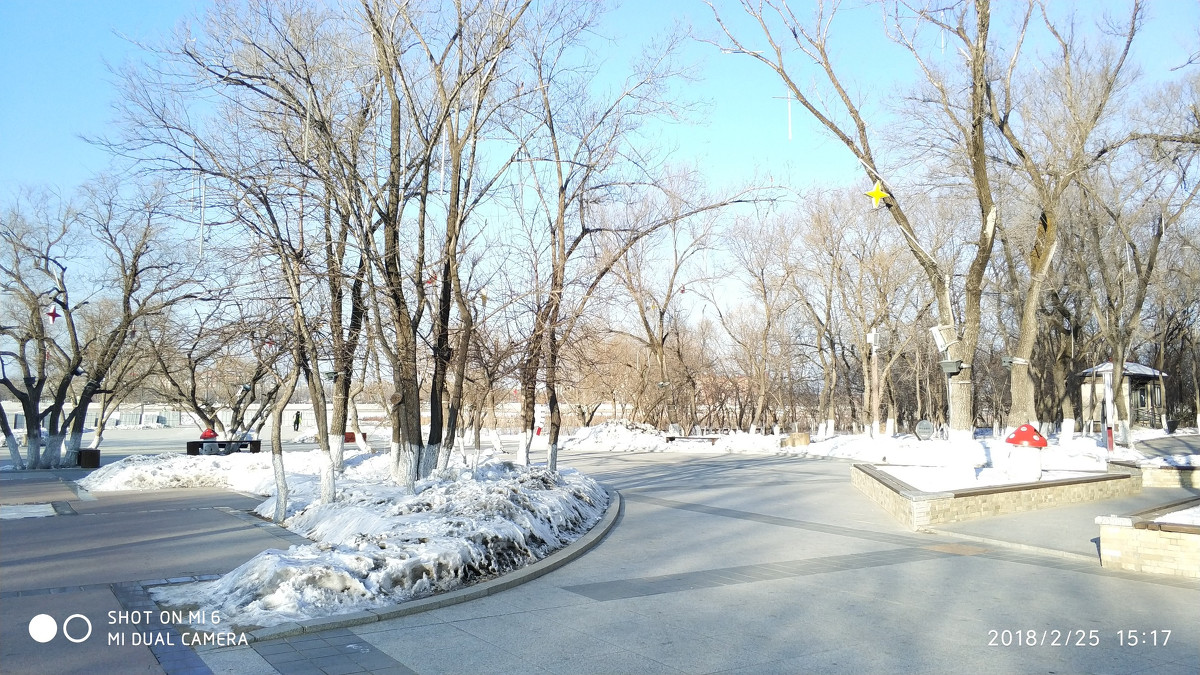- Home
- Hearing Loss
- Hearing Aid Use And Care
How to Protect Your Hearing Aids From The Cold
2020-12-15 While hearing aid technology has improved significantly over the past few decades, they are still electronics and should be treated with the same caution as a cell phone. Therefore, it's important to take extra precautions during the winter months to ensure your hearing aids last their full lifespan. Here are some tips to prevent hearing aid damage and allow you to enjoy your favorite winter activities.
Use Protective Equipment
Hearing aids are often damaged during the winter months due to condensation caused by temperature changes. For example, if you were walking outside and the temperature is 15 degrees Fahrenheit, condensation will form on your hearing aids if you step into a room that is 55 degrees warmer. This is the same reason why your glasses fog up when you enter a warm room after spending time in the cold.
To prevent condensation and eliminate moisture damage, you can purchase an ear cover. Most ear covers are made of spandex material and slip on over your hearing aid.
You can also wear a headband to absorb any moisture as you may sweat when transitioning from a very cold to a warm location.

Wear Appropriate Protection
Another problem that most people worry about is losing their hearing aids or damaging them during winter sports. For example, if you're skiing, you lose your hearing aids if you fall on the slope. Unfortunately, not only will the snow damage the hearing aids, but you could lose them altogether.
Because skiing and other winter sports are dangerous without proper hearing, there are a few solutions to this issue.
First, you can purchase an ear cover with a cord. These ear covers have a long string with a clip that attaches to your coat to prevent it from both moisture and getting lost.
If you want to use a helmet, there are also special helmets available explicitly designed to protect your hearing aids (as well as your head).
Rechargeable Batteries
Zinc-air batteries are becoming increasingly popular among hearing aid users. While they are easy to use, they die quickly in the cold, and if you spend a lot of time outside during the winter, you'll purchase many of them. Therefore, consider purchasing lithium-ion batteries, which are rechargeable and don't need to be replaced.
Store Them Properly
Storage is another huge component of hearing aid care. To prevent moisture from damaging your hearing aids, consider purchasing a dry box to store them in at night.
Dry boxes clean and dry your hearing aids overnight to reduce prolonged condensation and increase the lifespan of your hearing aids. Many of them also contain UV rays to clean the debris from your hearing aids and further support your hearing aid's lifespan.

Final Thoughts
Wearing hearing aids should be freeing rather than restrictive. You should still go out and enjoy your favorite winter activities without worrying about the impact it could have on your hearing aid's lifespan. Therefore, follow these tips and don't be afraid to enjoy this winter.
Latest
- 4 Essential Communication Rules for Family Members of Hearing Aid Users
- Hearing Aid "Break-In Period": Say Goodbye to Discomfort, Hello to Clear Sound
- The ultimate guide on how to choose hearing aids for seniors
- In addition to performance, how do parents choose children's hearing aids?
- Hearing Care Professional: How Do You Maintain Your Hearing Aids Regularly?
Hearing Aid Use And Care













All 0 comments